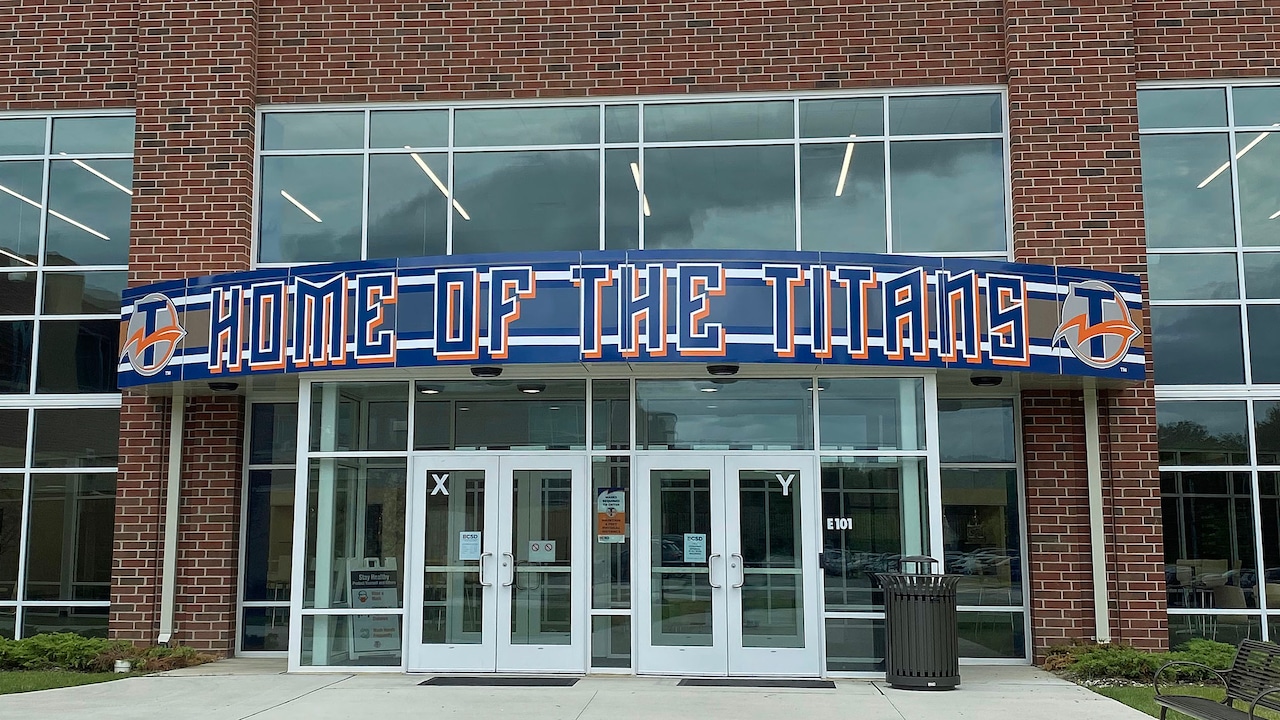Faith and Education Collide: Berea School District Revamps Religious Instruction Policy

Berea City Schools Board Refines Religious Instruction Policy
In a recent meeting on January 13th, the Berea City Schools Board of Education delved into extensive discussions surrounding the state's new Release Time for Religious Instruction mandate. After careful deliberation, board members decided to revise the district policy to ensure clarity and compliance.
The board's commitment to addressing the nuanced details of the new mandate was evident during their regular meeting. Members took a thoughtful approach, meticulously examining the policy's language and potential implications for students and educators.
The revised policy aims to provide a balanced framework that respects both educational requirements and students' religious freedoms. By fine-tuning the policy's wording, the board seeks to create a transparent and fair guideline for religious instruction release time.
This ongoing process demonstrates the board's dedication to adapting to new state regulations while maintaining the highest standards of educational governance.

